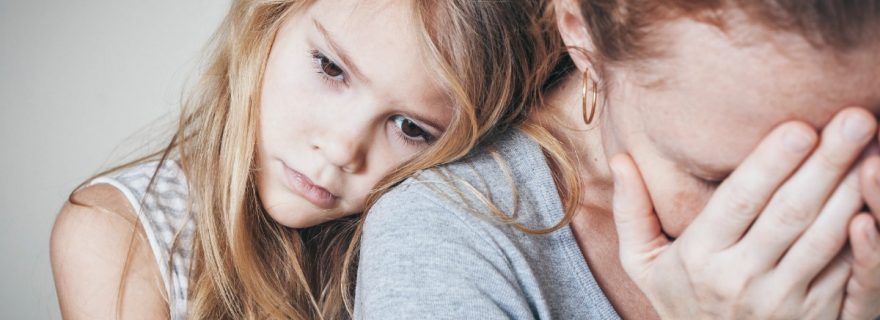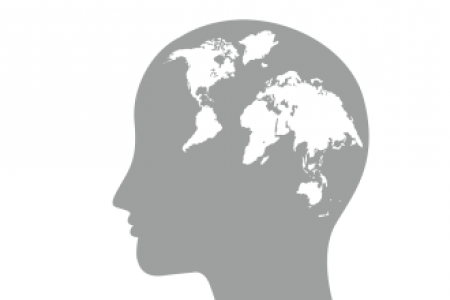The relationships between attachment, psychopathology and emotion processing
Growing up, kids get attached to their caregivers, who help regulate their emotions. But they may also experience trauma, e.g. sexual abuse, depression, or anxiety. Our central question was therefore “How do attachment, trauma, and emotion regulation correlate?
With heart and soul. As a child and adolescent psychiatrist working with children who have been through a lot of trauma, I noticed parents often feel helpless in rearing them, challenged by their own mental vulnerability. I felt a need to understand more about what I observed. That was the start of my PhD research into the interrelationship between attachment, psychopathology, the structure of the adolescent brain and how adolescents function when processing emotional faces in rest. I defended my PhD thesis at Leiden University on 21st November of this year. For a video summary see: Thesis research presented in English by Marie-José van Hoofsummary.
The consequences for soma and psyche
I noticed that there was little research into attachment and psychopathology, although they concern us all and determine whether we become sick or mentally ill. Attachment makes a difference to how we relate to each other in daily life: with empathy or compassion, or only from our own perspective, inattentively or aggressively. It has consequences for our resilience, our immunology, our genetic (or epigenetic) make-up, and therefore the emergence of somatic diseases and mental disorders. Beyond psychopathology, unresolved loss or trauma plays an important role in this respect. And since most people live within families, networks, and communities, unresolved loss and trauma thus impact upon society and how it functions.
Talent4Research fund
Children are dependent on their environment: upbringing, school, family, neighbourhood, stability in society. If we want children to develop into healthy adults and create more harmony in the world, we have to ensure that they grow up safe and healthy, with a focus on collaboration and the needs of others. As the twig is bent, so is the tree inclined. For this reason, there is a need for further research on attachment, trauma, and emotion regulation in children and families in the case of mental illness or physical disease. To contribute to this goal, we are setting up a new fund: ‘Talent4Research'.
Participating and experiencing
There are some things you have to experience by seeing, hearing, and feeling – it is only then that you can visualize their importance for your own health and for society as a whole. This is the case for attachment, trauma, and emotion regulation in children and families in the case of mental problems or physical disease. There is still a stigma around mental vulnerability. We should work together to destigmatize mental vulnerability, because body and mind, soma and psyche, are one.
The Muses in action
To encourage the public participation and to touch the heart, the Muses will be deployed in several forms: a beneficiary concert, an art exhibition, a children’s opera, a kapla challenge, an art route, a film, and a scientific symposium. The latter two have already taken place.
Do you want to participate?
Do you want to be part of building a healthy future for our children or society? Your scientific, creative, or financial contribution to the Talent4Research fund will make that possible. Sponsors are also welcome: to sponsor one of the planned activities, contact M.J.van_Hoof@lumc.nl or +31 (0)88-2919677.
Please follow the updates about activities and take part! Join us!





